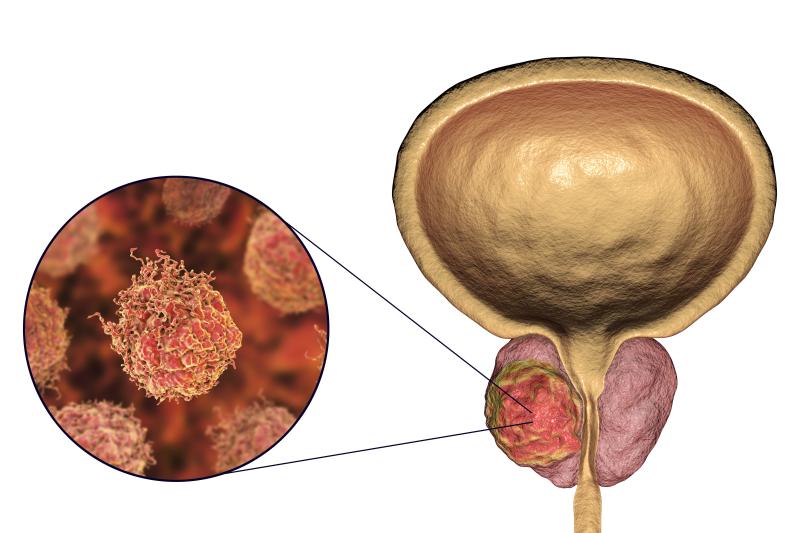
Surgical castration for metastatic prostate cancer has potential advantages and similar survival rate compared to medical castration, but its use is still low and even decreasing in a contemporary, real-world cohort, reveals a study.
“Surgical castration for metastatic prostate cancer is used less frequently than medical castration yet costs less, requires less follow-up and may be associated with fewer adverse effects,” the authors said.
Overall, 24,805 men with newly diagnosed metastatic prostate cancer from a national cancer registry in the US (2004 to 2016) were enrolled in this retrospective cohort study. The association between surgery and sociodemographic factors was assessed using multivariable logistic regression, while the association between castration type and overall survival was examined via multivariable Cox regression.
Of the patients, 5.4 percent underwent surgical castration, which showed a significant decrease from 8.5 percent in 2004 to 3.5 percent in 2016 (per year later odds ratio [OR], 0.89, 95 percent confidence interval [CI], 0.87–0.91; p<0.001).
Private insurance (OR, 0.73, 95 percent CI, 0.61–0.87; p<0.001) was associated with fewer surgery, while Medicaid (OR, 1.68, 95 percent CI, 1.34–2.11; p<0.001) or no insurance (OR, 2.12, 95 percent CI, 1.58–2.85; p<0.001) correlated with more compared to Medicare.
Moreover, surgery was also fewer among men with regional median income >$63,000 compared with income <$38,000 (OR, 0.61, 95 percent CI, 0.43–0.85; p=0.004).
After a median follow-up of 30 months, castration type did not show an association with differences in survival (surgical vs medical hazard ratio, 1.02, 95 percent CI, 0.95–1.09; p=0.6).
“Men with potentially limited healthcare access undergo more surgery, perhaps reflecting a provider bias toward the perceived benefit of permanent castration,” the authors said.